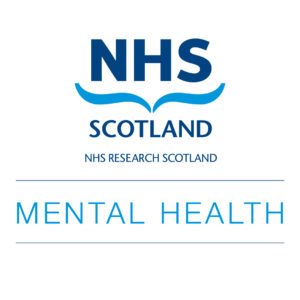Abstracts: Stephen Lawrie
Getting Beyond Needless and Unhelpful Controversy About Mental Illness to What Really Matters
Mental illness is stigmatized and controversial. So much so that we tend to talk instead using the ubiquitous euphemism of mental health. Psychiatry is the branch of medicine that deals with diagnosing and treating mental illness, that most interesting of topics, and perhaps for that reason gets more than its fair share of criticism. Other doctors and some scientists criticise it for being ‘soft’, imprecise, unscientific and having no effective treatments. Social scientists, antipsychiatrists, psychiatric ‘survivors’ and scientologists critique it for using ‘the medical model’ (as if there is only one), being biomedically biased and over-reliant on ‘harmful’ drug treatments, for ‘made up’ conditions. All of these critiques are wrong – as I shall show. Whether one takes a more public health/preventative or more medical/therapeutic approach to blood glucose or blood pressure, depression, pain, or psychotic symptoms is a pragmatic choice. Psychiatric diagnostic constructs tend not to have biometric tests (although some do) whereas medical ‘diseases’ usually do (but sometimes not, and they can change). DSM-5 and ICD-10 diagnoses made using standardized questions are about as reliable as in the rest of medicine in any case. Regardless, most of the operationally defined mental disorders have been able to deliver insights into their biopsychosocial causes: for example, we have found as many genes for schizophrenia as for height, childhood adversity increases the risk of most conditions (but especially e.g. PTSD) and ‘stress’ can precipitate them all. Most importantly, clinical trials in these conditions show that our drug treatments are about as effective as the rest of the treatments used in medicine – and if one allows for the usually additive effects of pharmaco- and psycho-therapy, psychiatry does generally better. All doctors have to do the best for the patient in front of them and psychiatrists are no more able to correct social circumstances than those treating eg asthma or the effects of obesity – although psychiatry does usually consider the whole person. Ultimately, however, the distinction between mental and physical illness is of course a false one. What really matters scientifically is how the bio-, psycho- and socio- are integrated in the brain/mind to produce experience and that is where an integrated ‘3P’ and ‘4E’ approach is likely to be useful.









Comments are closed
Comments to this thread have been closed by the post author or by an administrator.